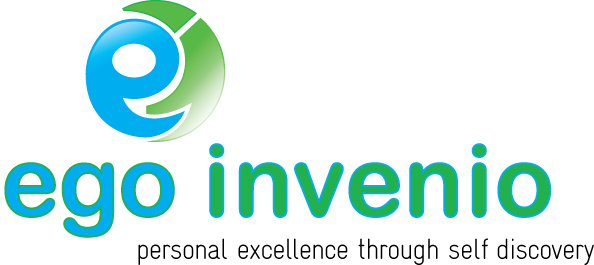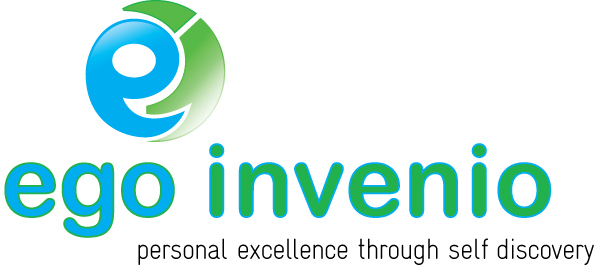Spirulina
Question
Dear Karen,
I hear yeas and nays concerning the food supplement spirulina. I hear it is loaded with vitimin b-12, but the body cannot assimilate it. In fact I hear its 'b-12 analogs' may actually prevent 'real' b-12 assimilation. And I hear it is a food source at risk of carrying heavy metals. But, on the other hand, I hear the WHO considers it a superfood. Is there a definate source of information about this incredible food that would help me better understand these issues?
Thank you,
Mark Perkins
Dover, NH
Hi Mark,
The following information about spirulina is from the WholeHealthMD.com website:
Spirulina is a small, single-celled microorganism that's rich in chlorophyll, a plant pigment that gives so many lakes and ponds their dark blue-green color.
Health Benefits
Both spirulina and kelp have been touted as miracle cures, capable of melting away arthritis pain, increasing energy, boosting immunity, improving liver function, warding off heart disease and cancer, suppressing AIDS, controlling appetite, and guarding against cell damage from exposure to X rays or heavy metals. Unfortunately, the bottom line is that there's little or no scientific evidence to support most of these claims.
These seaweeds do offer certain health benefits, however. Both provide essential nutrients (carotenoids, protein, minerals) and can constitute a nutritious part of a vegetarian or macrobiotic diet.
Specifically, spirulina and kelp may help to:
Control bad breath. Spirulina's high chlorophyll content makes it an excellent remedy for bad breath as long as the problem is caused by something other than gum disease or chronic sinusitis. It's frequently the major ingredient in chlorophyll breath fresheners.
Treat thyroid problems. Kelp in particular is rich in iodine and may be worth trying for an underactive thyroid condition caused by a lack of this mineral. However, in the United States very few cases of underactive thyroid are due to iodine deficiency. That's because the use of iodized salt is now so widespread. Since suspected thyroid problems need to be diagnosed with blood tests--and require prescription medication to be successfully treated--consult your doctor if you believe you have a problem with your thyroid gland before trying kelp or any other dietary supplement.
Forms
tablet
powder
liquid
capsule
Dosage Information
For bad breath: There are three options.
--Use a commercial chlorophyll-rich liquid breath freshener that lists spirulina as one of its primary ingredients. Follow the label directions.
--Stir 1 teaspoon of spirulina powder into half a glass (4 ounces) of water, rinse your mouth, then swallow the solution.
--Chew spirulina tablets three or four times a day, as needed.
For iodine-deficiency hypothyroidism. Take 10 grains of powdered kelp (supplying 300 mcg of iodine) daily as directed by your doctor.
Guidelines for Use
To lessen the risk of stomach upset, take spirulina or kelp with food.
Iodine concentrations loose potency over time, so it's important to check the expiration date on any kelp supplement before buying it. In one study, kelp tablets that had been on a shelf for 18 months were found to have no discernible iodine content.
General Interaction
Large doses of kelp could provide excessive iodine and interfere with the effectiveness of certain thyroid medications.
Note: For information on interactions with specific generic drugs, see our WholeHealthMD Drug/Nutrient Interactions Chart.
Possible Side Effects
Both spirulina and kelp can cause nausea and diarrhea in some cases. If this occurs, reduce the dose or stop taking the supplement.
A small percentage of people (about 3%) are sensitive to iodine and could develop a painful and enlarged thyroid gland if they consume iodine-rich substances such as kelp for several weeks or months. There are occasional reports of this occurring in Japan, where consuming kelp is quite popular.
Cautions
Never take spirulina or kelp that you happen to find on the beach or in your local lake or pond because it could be contaminated with industrial waste or sewage and have high levels of lead, mercury, cadmium, or other toxins.
Kelp has high iodine concentrations that could be harmful to a woman who is pregnant or breast-feeding.
-----------------------------------------------------------
Regarding B12 content of spirulina:
Some of the "B12" content of spirulina has, indeed, been shown to be in analog form (this means that it is a form that is *not* usable by the human body.) As you mentioned, this may interfere with the action of any usable B12 that is present. Therefore, spirulina is not a reliable source of B12. If you are not vegetarian, you are almost certainly getting adequate amounts of B12 from your diet (most B12 deficiencies are a result of the inability to absorb B12, not a dietary deficiency).
Hope that helps!
Karen
www.getfitwithkaren.com
- Prev:Protien Powders
- Next:dieting with pills
Related Articles
-
100 calorie packs.
Questionhi, I am student writing a paper on 100 calorie packs. &
-
Weight gain the healthy way
QuestionOkay, Im 13 and Im 5 foot 3 in. I weigh about 100 lbs. Pr
-
Tiredness, Exercise & food intake.
QuestionHi there. Ive recently started a healthy eating plan of 5
-
tips for weight gain
QuestionLeigh-Anne, I need some tips on how to put some weight o
-
Please Help
QuestionMy problem is i hate to cook. And being only 20 years old
-
saturated fat
Question1.5g sat fat per 2 tab of IMHEALTHY peanut butter,is that




